Answer: Are You Pre-Approved?
Unless you plan on paying cash for your home, you’ll want to meet with a mortgage lender (at the bank of your choice) to get “Pre-Approved” for a mortgage. By doing so, you’ll gain a full understanding of how much home you can afford; this can help us narrow down which neighborhoods will allow you to live the lifestyle that you want at a price point you can afford. *If you do need a mortgage lender referral, I'd be happy to give you a recommendation.
Answer: Find the Right REALTOR®
Of course you're going to start searching for your dream home through popular portals such as: Zillow, Trulia, & Realtor.com (as you should!). However, you’ll need someone that can show you those houses at a moments notice as to not let the one you really want slip away. Working with a REALTOR® means working with an industry professional. Someone who knows the market’s: past, present, & can give the best insights into it’s projected future. In addition to the homes on-market you've seen, I can get you access to off-market properties that you may have not as well.
Answer: See you through from start to finish.
A REALTOR® is your #1 fan when buying a home. They will see you through from start to finish of the entire home buying process and make sure you are getting the best deal possible. They will keep you updated on the market and educate you on all your options (which will help to make you a pro when buying your next home). They will be your biggest advocate throughout the transaction and beyond.
Did you know there is a difference between a REALTOR® and a Real Estate Agent?
Don’t worry, many people don’t. A REALTOR® is regulated by the National Association of REALTORS® and subscribes to a strict Code of Ethics. A real estate agent does not. To avoid potential problems in your transaction, it is recommended that you work with a licensed REALTOR®.
Answer: Nothing
In most cases, you do not have to pay your REALTOR® anything to help you purchase a home as their commission comes from the seller's proceeds. A seller pays their REALTOR® a fee, and then that listing agent pays the buyers agent for bringing the buyer and working to facilitate the transaction. Working with a FSBO (For Sale By Owner) is a similar process with only the buyer's agent being compensated.
Answer: On average 30 – 45 days.
Once you have found the home of your dreams and your offer has been accepted, you will enter the stage of the transaction known as “Escrow”. This means two things: 1) a mutually agreed upon period of time for the Buyer and Seller to perform all of the detail work in the Sales Contract; and 2) the title company itself, which is a neutral third party in your transaction who completes their due diligences for the property to close. To learn more about the whole process and what to expect during your days in Escrow, visit: “What is Escrow”
Answer: 620 or above
To ensure you qualify for the best home buying programs and homes you really like, a credit score of 620 or higher, is recommended. This will make the lending process much smoother and often results in better lending terms. However, if you're not quite there, don’t worry. Speak to your lending and find out your options. They will be the best source to give you a current answer for today’s lending requirements and in addition can provide you with valuable resources for strengthening your credit score.
Answer: Depends on your loan type. Usually 3% to 5% down…but in some cases, nothing at all.
In many cases, home buyers can put down 3% to 5% of the purchase price while others may put down upwards of 20%. Loan programs are constantly changing in their requirements which is why it is important to speak with your lender sooner than later to know your options. Just recently (beginning in 2015) some programs are helping home buyers purchase a home with nothing down at all. Veterans are usually eligible for a VA loan, which requires no money down. Properties in rural areas are usually eligible for a USDA loan, which also requires no money down. In all, the great thing is that you have options.
Answer: Mostly loan origination and closing cost.
Though the downpayment is usually the largest cost associated with buying a house, lending fees follow close behind. Most lenders will charge between 2% to 4% of the loan amount for loan origination fees, depending on the loan type. Speaking with your loan officer will help you determine how much you can expect to pay towards loan origination and closing costs.
For a detailed list of what to expect in advance, visit: “Real Closing Costs“.
**Do you have additional questions you would like answered? Feel free to ask away! As a REALTOR®, and someone you can trust, I want to be your best source of information when buying a home. Trust me...I’ve got your back!
This is a major achievement for you. Let’s make this process exciting and remember to have fun!









